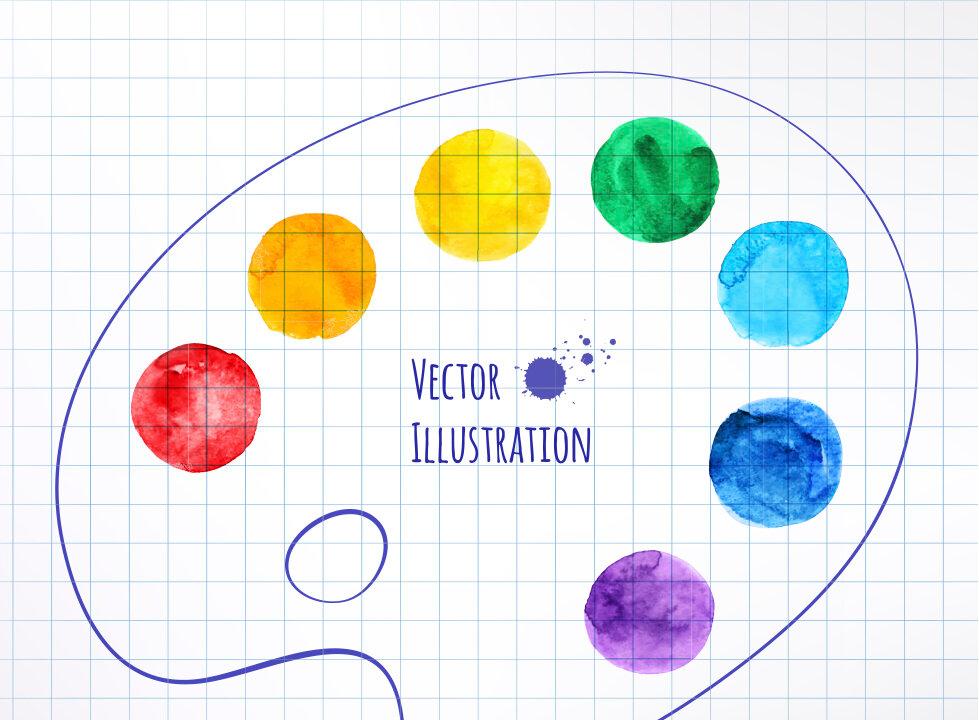If you suffer brain damage that dramatically affects your ability to speak, your ability to write could be completely unaffected—or vice versa.
While writing evolved from speaking, the two brain systems are now so independent that someone who can’t speak a grammatically correct sentence aloud may be able write it flawlessly, new research shows.
For instance, a spoken “The man is catching a fish” could end up as “The men is catches a fish” when the same person puts pen to paper.
“Actually seeing people say one thing and—at the same time—write another is startling and surprising,” said Brenda Rapp, professor of cognitive science at Johns Hopkins University. “We don’t expect that we would produce different words in speech and writing. It’s as though there were two quasi-independent language systems in the brain.”
Stroke Victims With Aphasia
Researchers wanted to understand how the brain organizes knowledge of written language—reading and spelling—since there is a genetic blueprint for spoken language but not the more recently evolved written system.
More specifically, they wanted to know if written language was dependent on spoken language in literate adults. If it was, then one would expect to see similar errors in speech and writing. If it wasn’t, one might see that people don’t necessarily write what they say.
The team studied five stroke victims with aphasia, or difficulty communicating. Four had difficulty writing sentences with the proper suffixes, but had few problems speaking the same sentences. The last individual had the opposite problem—trouble speaking but unaffected writing.
The researchers showed the individuals pictures and asked them to describe the action. One person would say, “The boy is walking,” but write, “the boy is walked.” Or another would say, “Dave is eating an apple” and then write, “Dave is eats an apple.”
Not Just a ‘Dumb Machine’
Published in the journal Psychological Science, the findings reveal that writing and speaking are supported by different parts of the brain—and not just in terms of motor control in the hand and mouth, but in the high-level aspects of word construction.
“We found that the brain is not just a ‘dumb’ machine that knows about letters and their order, but that it is ’smart' and sophisticated and knows about word parts and how they fit together,” Rapp said.
“When you damage the brain, you might damage certain morphemes but not others in writing, but not speaking, or vice versa.”
Morphemes are linguistic units that cannot be further broken down but can be combined into words. Suffixes like “er” or “ing,” the plural-making “s,” and “swim,” for instance, can be combined to make “swimmer,” “swimmers,” “swimming” and other variations.
This understanding of how the adult brain differentiates word parts could help educators as they teach children to read and write, Rapp said. It could also lead to better therapies for people suffering aphasia.
Researchers from Rice University and Columbia University were coauthors of the study, which was funded in part by the National Institute on Deafness and Other Communication Disorders.
This article was originally published by Johns Hopkins University. Republished via Futurity.org under Creative Commons License 4.0.




